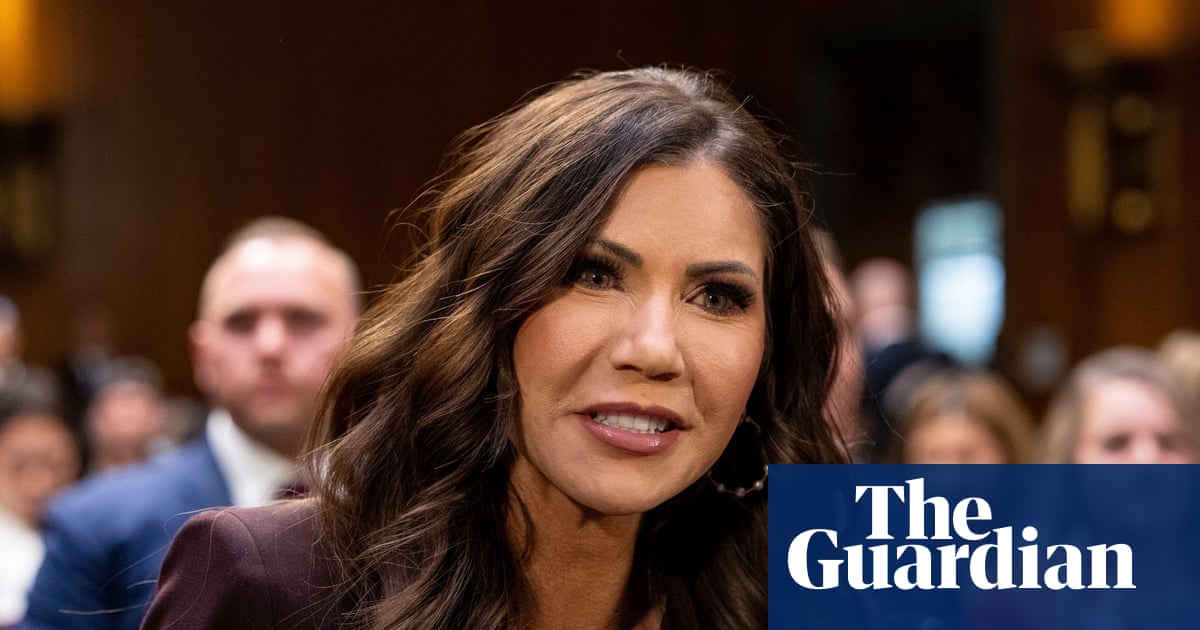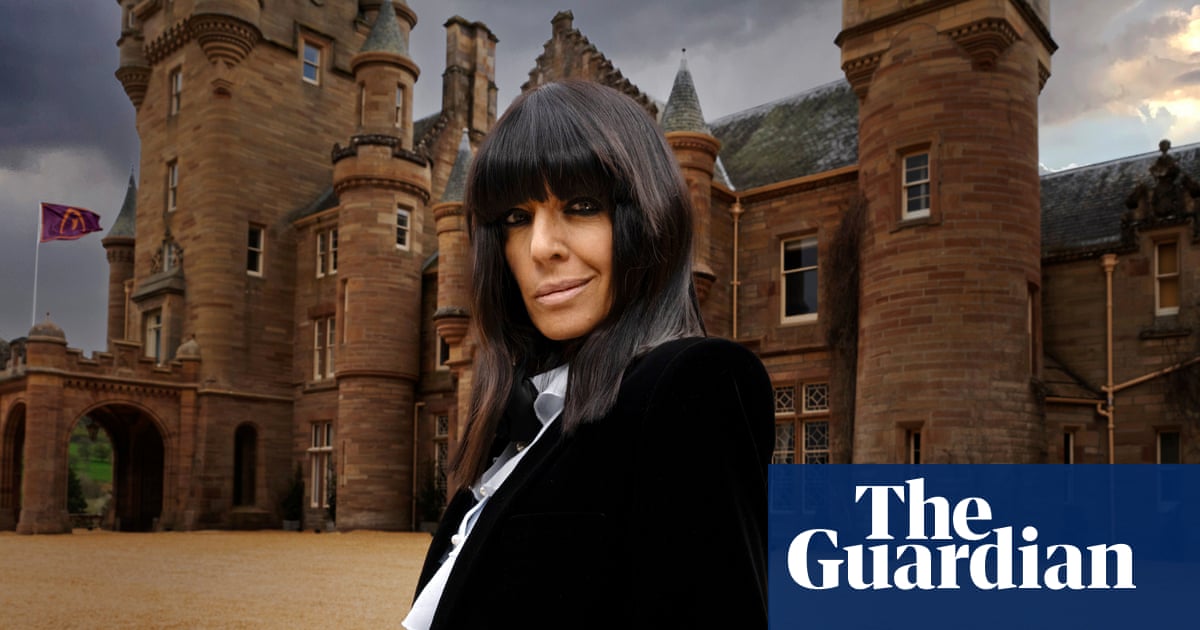The problem with any biography of Richard Burton is that he is quite easily explicable. He was pursued only by the most obvious demons, conflicted only in the most comprehensible of ways and – if he was complicated at all, it was only in the simplest, most ordinary manner. The only inexplicable part is his talent, as talent always is – and even that, you feel (and are frequently assured by people who saw him on stage), is only partly captured by the screen legacy that is left.
The hour-long documentary Richard Burton: Wild Genius, part of a series of programmes marking the centenary of the actor’s birth, manages to add lustre to the well known story with a better-than-usual array of contributors. They include Burton’s daughter Kate and other family members; actors including Michael Sheen, Siân Phillips and Iwan Rheon (with Matthew Rhys doing the job of reading from Burton’s diaries), who can testify not only to the talent but to his particular place in Welsh culture; and people who knew and acted with him, in his heyday and beyond.
You can, nevertheless, sometimes see the strain of putting a new spin on an old tale. There is the rags to riches element. Burton was born into a poor mining family in the poor mining community of Pontrhydyfen in 1925. His father was an alcoholic and his mother died giving birth to her 13th child when Richard (Jenkins as he was then) was two.
He went to live with his sister Cecilia (“Cis”, to whom he remained grateful and devoted all his life) and her husband, Elfed, in Taibach, Port Talbot until he was 17. By then, his English teacher, Philip Burton (he later took his stage name in tribute to the man), had noticed his gift for acting – and presumably the beautiful baritone must have been well on its way by then too – and had him declaiming poetry and Shakespeare across the valleys and applying for a scholarship to Oxford. When he took up his place there, it was only the second time he’d been to England.
His rise to fame began when legendary theatre producer Binkie Beaumont saw him in a college production of Measure for Measure. He was hailed as the next Olivier as he rose through the stage ranks, and then – while the actor Sybil Williams, whom he had married in 1949, stayed behind in Wales – became a Hollywood star overnight in 1952, when George Cukor cast him as the lead in My Cousin Rachel, opposite Olivia de Havilland.
Then we are into the years leading up to Elizabeth Taylor. Euphemisms for Burton’s extreme hotness (“Incredible masculine grandeur”; “Epitome of masculinity, virility, danger”) begin to fly, outdone in frequency only by those for drinking, and reiterations of the difficulty he had reconciling his upbringing – and much-vaunted masculinity – with the “effeminacy” of his chosen career. Bedding women and sinking pints (she doesn’t put it quite like that), says his biographer Nancy Schoenberger, was his way of “establishing masculine bona fides”. Ah, masculinity – what trouble you get everyone into.

On we trot, though his decision to move to Switzerland as a tax exile, the birth of his first daughter, Kate, eight years into his marriage to Sybil and then, in 1961, meeting Taylor on the set of Cleopatra and causing everyone to have to root around for another bunch of euphemisms – this time for “giving up everything to bang the living daylights out of each other”. The Vatican, of course, won this fight, accusing the publicly adulterous couple (Taylor was married to Eddie Fisher at the time) of “erotic vagrancy”, which you cannot top.
Divorce from Sybil (who had recently given birth to their disabled daughter, Jessica) followed. “It was a cataclysmic time for my mom,” says Kate Burton. “True, passionate, intense love matters more than anything,” says Gabriel Byrne, who worked with Burton on a TV series a few years before the Welshman’s death. “His life became something else.” There’s much to interrogate here but this documentary, while not quite hagiographic, is most certainly bent on maintaining a celebratory tone and there is no room for criticism, let alone anything that might border on condemnation.
after newsletter promotion
He and Taylor were bonded by excess in everything, including drinking. They eventually split up (though only after making Who’s Afraid of Virginia Woolf? together, the magnificence of which remains apparent even in the short clips shown here), largely because of the alcoholism they had jointly descended into. The documentary ends, after Burton’s death from a cerebral haemorrhage, with a brief analysis – too little, too late to rescue the programme entirely from mid-tier hackery – of whether Burton really did waste his talent, thanks to the lure of Hollywood, or if that was simply the version of his story promulgated by the jealous old farts (I paraphrase slightly) of the British theatrical establishment. Which is only a tiny part of his story, of his suffering and certainly of the suffering he inflicted on others. A hundred years on from his birth, the idea of the wild genius-victim feels out of time. It should have been explored, not started from.

 3 months ago
141
3 months ago
141

















































